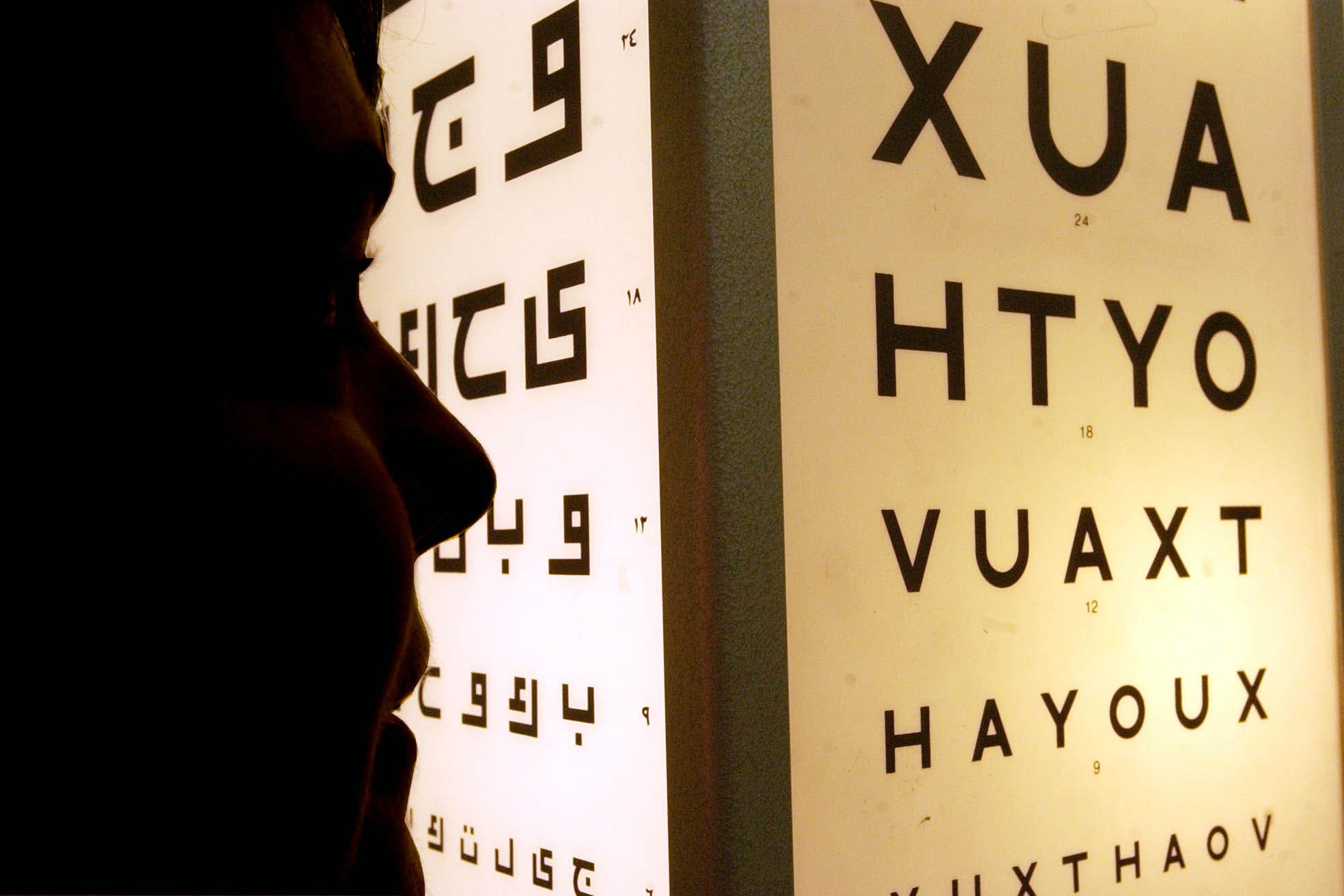Eye disease risk ‘reduces with common drugs for other conditions’ – study
Experts found that two commonly used medicines appear to have an added benefit.

Your support helps us to tell the story
From reproductive rights to climate change to Big Tech, The Independent is on the ground when the story is developing. Whether it's investigating the financials of Elon Musk's pro-Trump PAC or producing our latest documentary, 'The A Word', which shines a light on the American women fighting for reproductive rights, we know how important it is to parse out the facts from the messaging.
At such a critical moment in US history, we need reporters on the ground. Your donation allows us to keep sending journalists to speak to both sides of the story.
The Independent is trusted by Americans across the entire political spectrum. And unlike many other quality news outlets, we choose not to lock Americans out of our reporting and analysis with paywalls. We believe quality journalism should be available to everyone, paid for by those who can afford it.
Your support makes all the difference.Taking drugs to control diabetes and lower cholesterol may reduce a person’s risk of developing a common eye disease, a new study suggests.
The new study, published in the British Journal of Ophthalmology, saw researchers draw together information from 14 studies to assess the impact of the drugs on the risk of people developing age-related macular degeneration (AMD).
Experts, led by a team from University Hospital Bonn in Germany, examined studies involving almost 40,000 people from the UK, France, Germany, Greece, Ireland, Italy, Norway, Portugal and Russia.
Participants were all over the age of 50 and taking at least one type of drug to: lower cholesterol – including statins; control diabetes – including insulin; to control inflammation – excluding steroids; or a drug to treat movement disorders caused by neurodegenerative disease.
Some 9,332 people involved in the study were diagnosed with AMD.
Researchers found that people taking drugs to lower cholesterol had a 15% reduced risk of developing AMD compared to those who were not taking the drugs.
Meanwhile, people taking medicine to control diabetes appeared to have a 22% lesser risk.
No such associations were found for the other types of drugs being taken by people involved with the study.
“Our study indicates an association of systemic use of LLD (lipid-lowering drugs) and antidiabetic drugs with lower AMD prevalence across several European cohort studies,” the authors wrote.
But they stressed that further studies are needed to examine the findings.
AMD is a common condition which affects the middle part of the vision.
While it does not cause total blindness, it can make activities including reading and recognising faces difficult.
The Macular Society estimates that at least 1.5 million people in the UK are affected by macular disease.
As our population ages it is becoming far more common and we urgently need to find a cure
Commenting on the study, Cathy Yelf, chief executive of the Macular Society, said: “This latest study is very promising news for patients with age-related macular degeneration.
“Anything that can help to reduce the risk of developing this devastating condition would be life-changing for so many.
“Macular disease is the biggest cause of blindness in the developed world and although it usually affects people over the age of 55, it can also affect younger people.
“As our population ages it is becoming far more common and we urgently need to find a cure.
“The condition has a significant impact on those diagnosed, as well as their families. It is more important than ever to fund research to try to stop this disease in its tracks and we welcome any research which can bring us closer to this reality.”